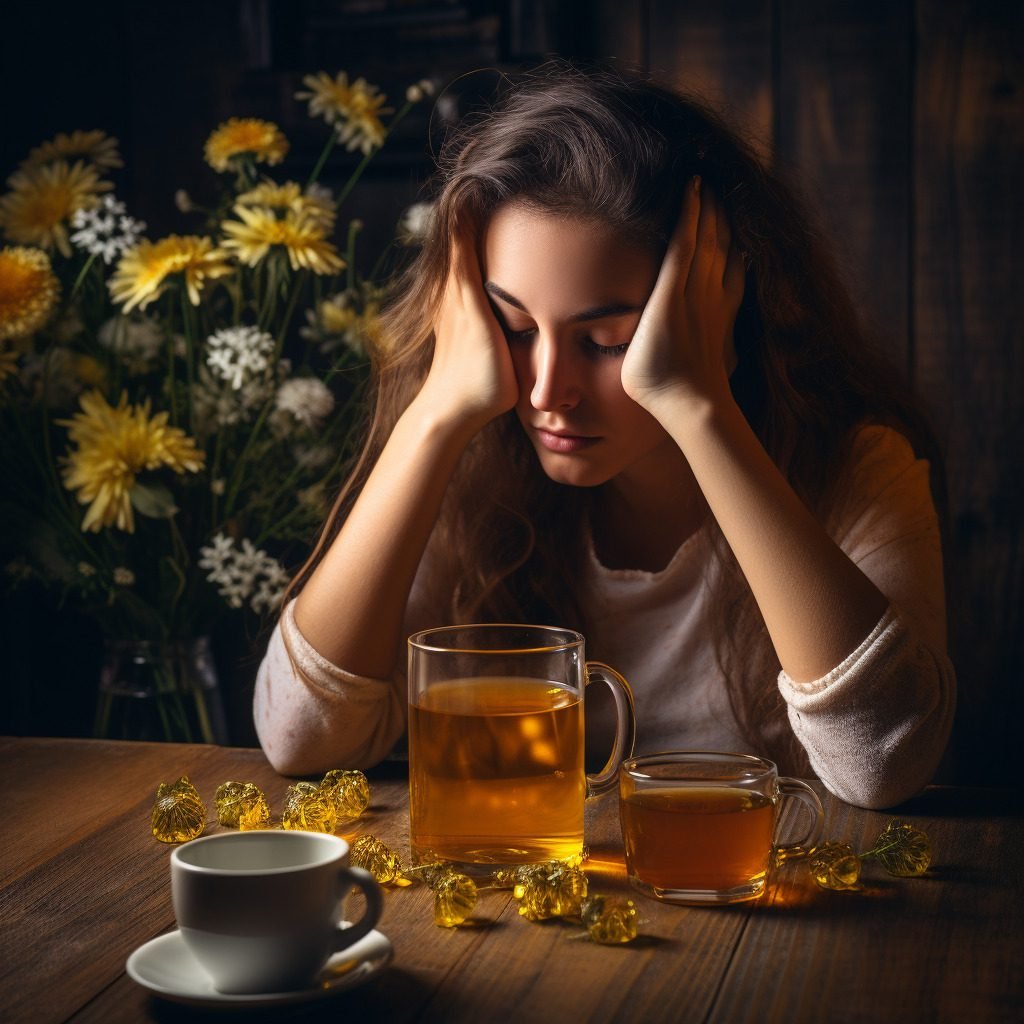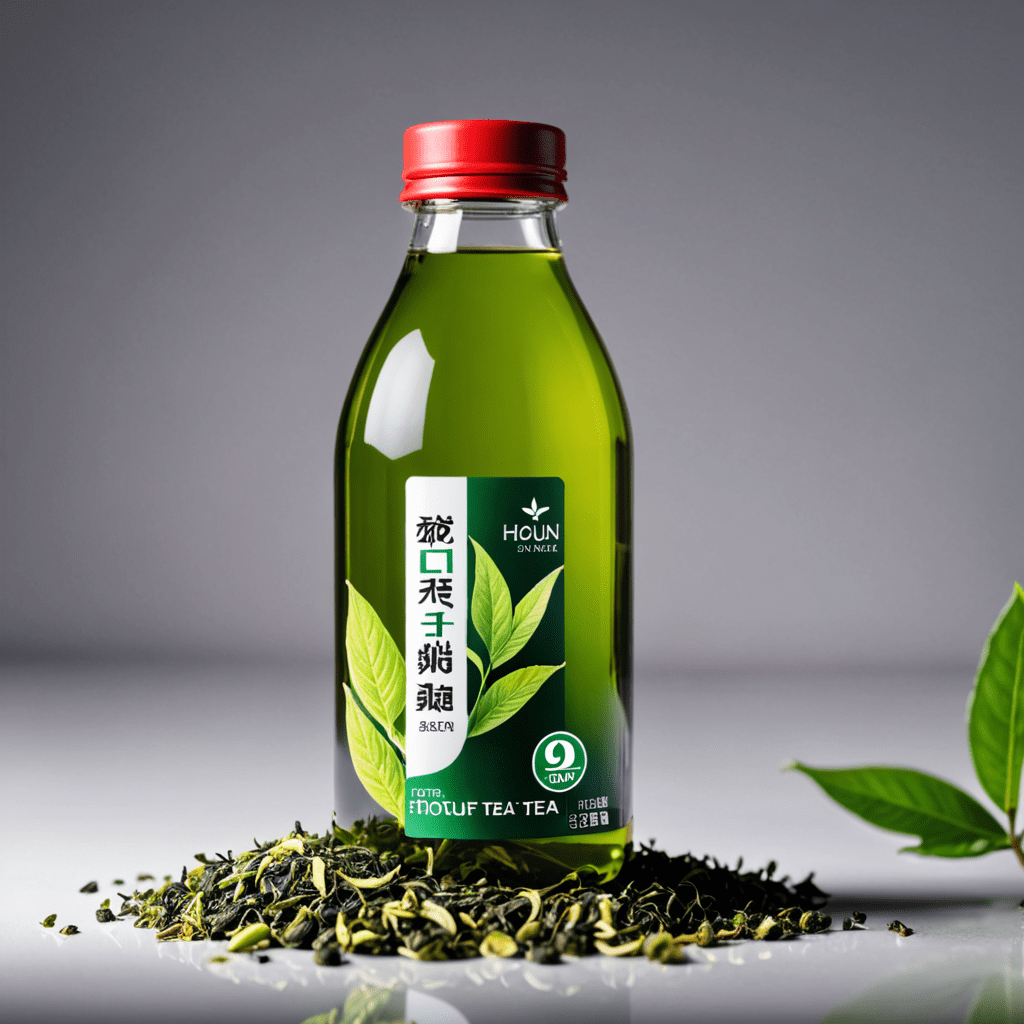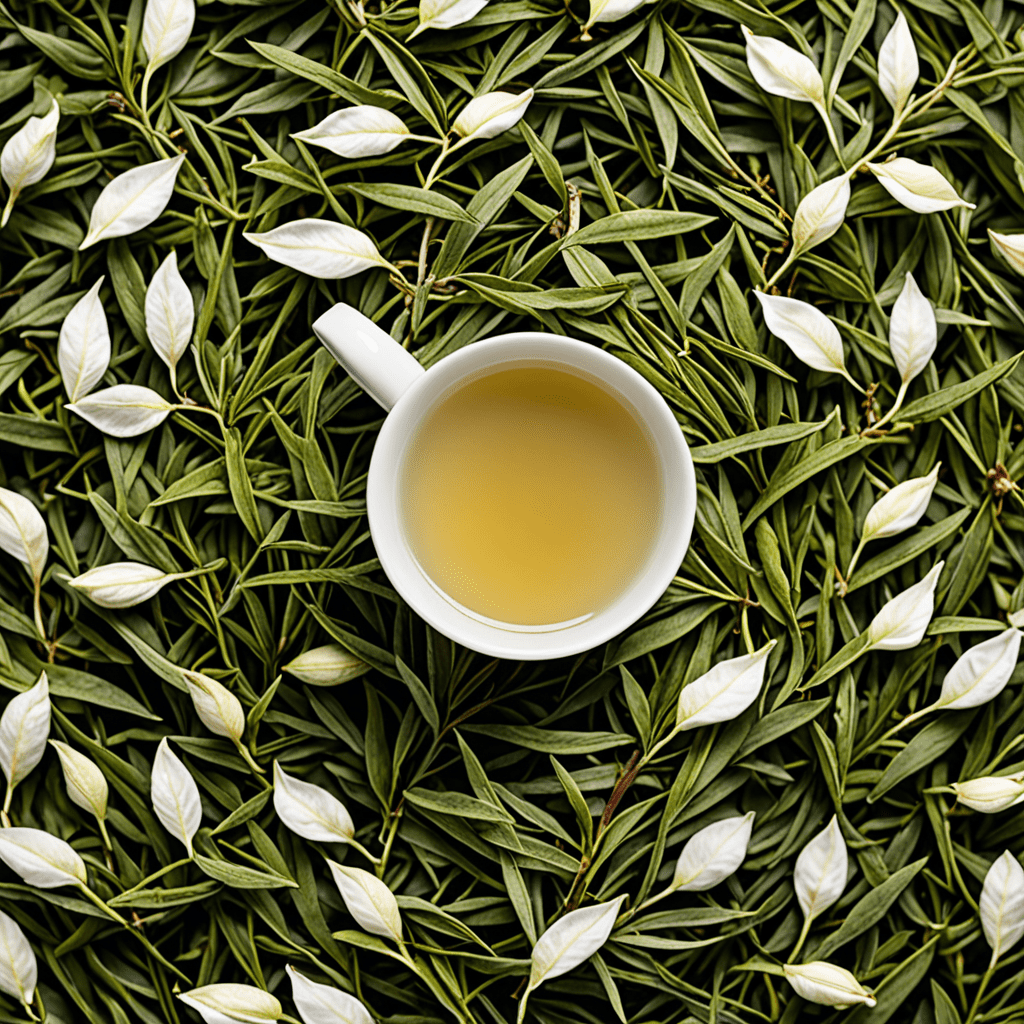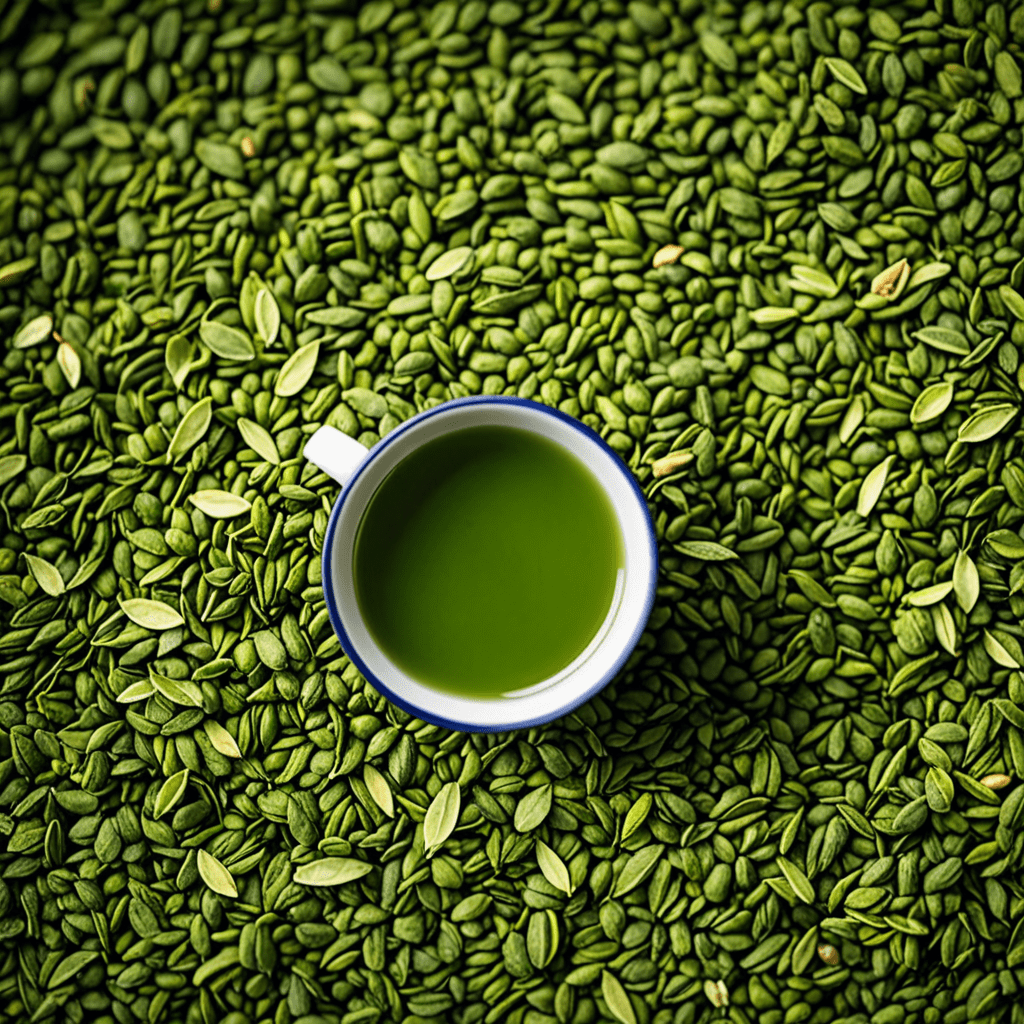Relief From Headaches: The Benefits of Drinking Tea
Are you tired of dealing with constant headaches? Look no further than your teacup! Tea, with its soothing properties and various health benefits, can provide relief from headaches. In this article, we will explore the key elements of tea for headaches, offer practical tips for selecting the right tea, and discuss how to incorporate tea into your headache-relief routine.
Key Elements of Tea for Headaches
When it comes to using tea to alleviate headaches, there are a few key elements to keep in mind:
- Caffeine Content: Tea contains varying amounts of caffeine, which can affect the intensity and duration of headaches. For some individuals, caffeine can provide relief by constricting blood vessels and reducing inflammation.
- Herbal Infusions: Herbal teas made from plants such as chamomile, peppermint, and lavender have been traditionally used for their calming and pain-relieving properties. These infusions can be beneficial for tension headaches and migraines.
- Antioxidants: The presence of antioxidants in tea can help combat the oxidative stress that often contributes to headaches. Green tea, in particular, is rich in antioxidants called catechins, which have anti-inflammatory properties and may help alleviate headaches.
Tips for Tea for Headaches
To make the most of tea for headache relief, consider the following tips:
- Choose the Right Tea: Experiment with different types of tea to find what works best for you. Green tea, peppermint tea, chamomile tea, and ginger tea are popular choices for soothing headaches. Remember to opt for loose leaf tea or high-quality tea bags for the best flavor and potency.
Consider Caffeine Sensitivity: While caffeine can help relieve headaches for some people, it may trigger or worsen them for others. Pay attention to how your body reacts to different caffeine levels in tea and adjust accordingly.
Pay Attention to Taste: Find a tea that you genuinely enjoy drinking. Headache relief is more than just the physical benefits; it’s also about finding comfort and relaxation in the ritual of tea drinking.
Stay Hydrated: Dehydration can often contribute to headaches, so make sure to pair your tea routine with ample water intake throughout the day.
Incorporating Tea for Headaches
Now that you know the key elements and tips for tea for headaches, let’s discuss how to incorporate tea into your headache-relief routine:
- Morning Ritual: Start your day with a cup of green tea or black tea. These types of tea contain caffeine and can provide a gentle energy boost while possibly alleviating any morning headaches.
Midday Calm: Take a break from your busy schedule and enjoy a soothing cup of chamomile or peppermint tea. These herbal infusions can help relax your muscles and calm your mind, reducing tension and headache symptoms.
Before Bed Relaxation: End your day on a peaceful note by sipping on a cup of lavender or valerian tea. These herbal teas promote relaxation and have sedative properties that can aid in a good night’s sleep, potentially preventing headaches triggered by fatigue or lack of rest.
Experiment with Blends: Consider trying blends that specifically target headache relief. Some tea companies create unique blends with ingredients like ginger, turmeric, and lemon balm, known for their potential headache-relieving properties.
FAQ about Tea for Headaches
Q: How long do I need to drink tea for headaches to experience relief?
A: Every individual is unique, so the duration may vary. Some people find relief after a single cup, while others may need to incorporate tea into their daily routine for a more extended period. It’s best to listen to your body and consult a healthcare professional if your headaches persist.
Q: Can children drink tea for headaches?
A: While herbal teas are generally considered safe for children, it’s always advisable to consult with a pediatrician before introducing tea to their routine. Some herbal teas may not be suitable for young children due to potential herb-drug interactions or allergies.
Q: Are there any potential side effects of drinking tea for headaches?
A: Tea is generally safe when consumed in moderate amounts. However, excessive consumption of caffeinated tea may lead to side effects such as jitteriness, increased heart rate, or disrupted sleep patterns. It’s essential to monitor your caffeine intake and opt for caffeine-free herbal teas when necessary.
Relief from headaches is just a sip away with the power of tea. Experiment with different flavors, find your favorites, and enjoy the calming effects as you say goodbye to those bothersome headaches. Remember to listen to your body, stay hydrated, and seek professional advice if needed. Cheers to your headache-free days ahead!



